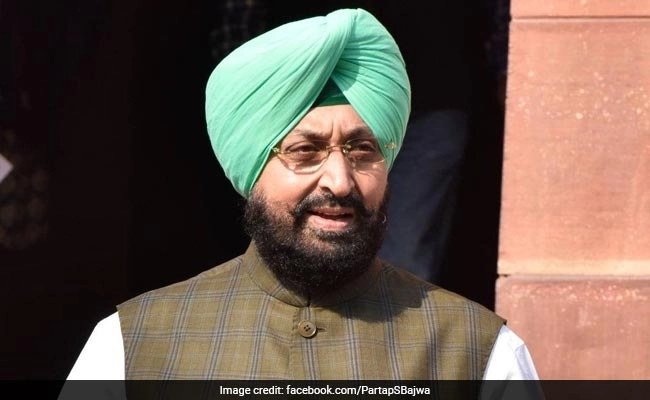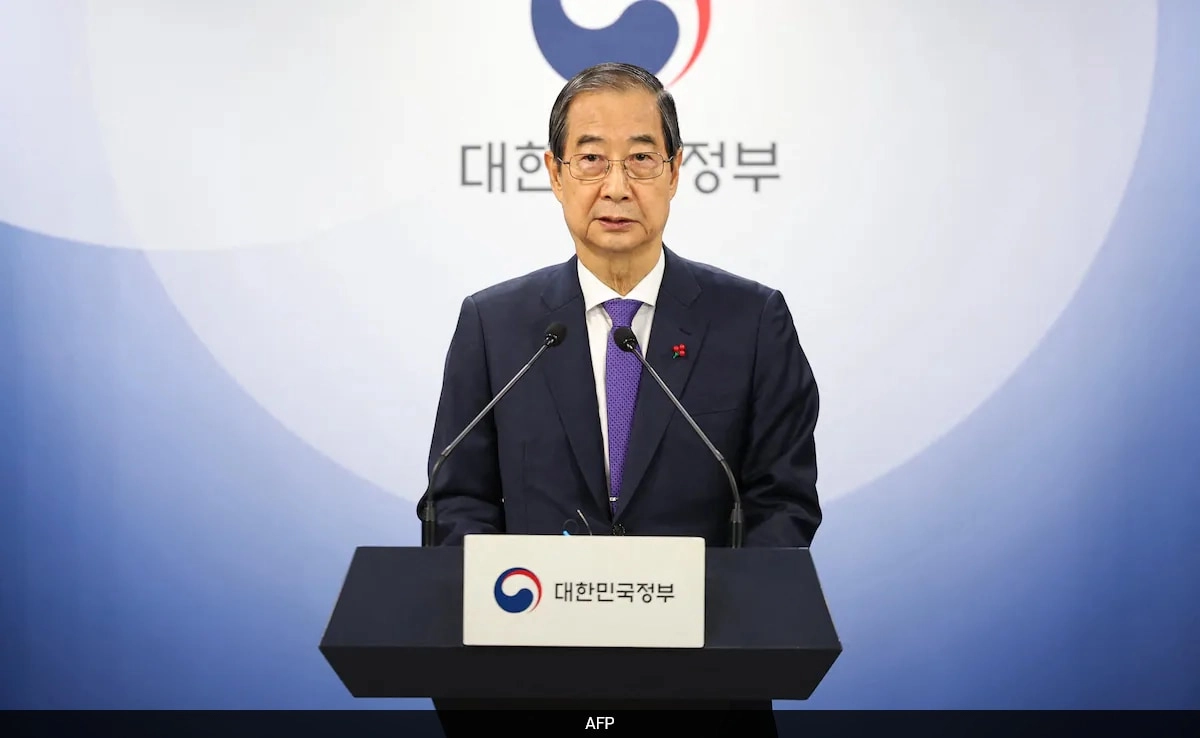Congress leader Partap Bajwa has taken legal action against Delhi Chief Minister Arvind Kejriwal and other leaders of the Aam Aadmi Party (AAP) in response to a video that he claims has been manipulated to misrepresent his statements. The controversy revolves around a video that Bajwa asserts was selectively edited to distort his words and portray him in a negative light. This incident highlights the ongoing tensions between political parties in India, particularly as they navigate the complex landscape of public perception and media influence.
Bajwa’s decision to file the case underscores the escalating battle over the narrative in Indian politics, where the use of social media and video content has become a significant tool for political messaging. The alleged doctored video not only affects Bajwa’s reputation but also serves as a broader commentary on the ethical responsibilities of political leaders and their teams in the age of digital communication. The manipulation of such content raises questions about the authenticity of political discourse and the lengths to which parties may go to discredit their opponents.
In his complaint, Bajwa has emphasized the need for accountability and the importance of maintaining integrity in political communication. The legal proceedings initiated by him may set a precedent for how similar cases are handled in the future, particularly as political rivals increasingly resort to digital tactics to sway public opinion. This situation also sheds light on the challenges faced by politicians in safeguarding their images and messages against the backdrop of a rapidly evolving media landscape, where misinformation can spread quickly and have far-reaching consequences.
As the case unfolds, it will be crucial to monitor the responses from both Bajwa and the AAP, as well as the public’s reaction to these allegations. The outcome could have implications not only for the individuals involved but also for the broader political climate in India, which is often characterized by fierce competition and rivalry among parties. Ultimately, this incident raises critical questions about the nature of political engagement in the modern era and the ethical considerations that must guide leaders as they navigate the complexities of communication in a digital world.




